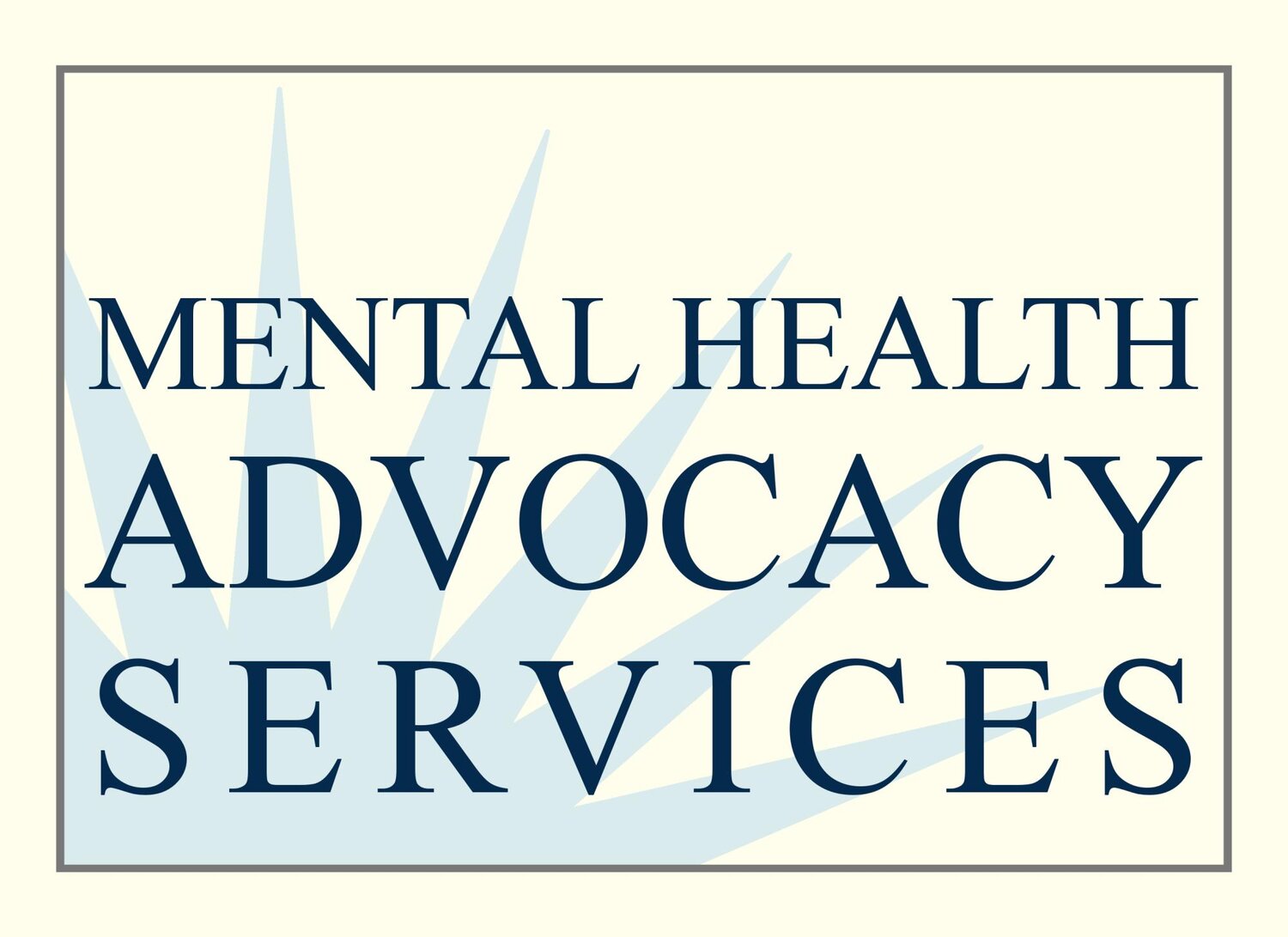Guest Post by Nancy Shea: California Mental Health Advocates for Children and Youth, Part I
by Eliza SchaflerEliza Schafler is an MHAS Equal Justice Works Fellow sponsored by Greenberg Traurig, LLP.
 This past week, MHAS was proud to participate in a statewide conference sponsored by California Mental Health Advocates for Children and Youth (CMHACY).Here to tell us more is our own Nancy Shea, MHAS attorney and longtime advocate for children with mental health needs. Her reflections:New Partnerships, New StrategiesLast week, four of us from Mental Health Advocacy Services attended the 34th California Mental Health Advocates for Children and Youth (CMHACY) Conference, which is held every year at the Asilomar Conference Grounds on the Monterey Peninsula.It was 1980 when a small band of children’s county mental health coordinators first came together to discuss the urgent needs of California’s children and families, which they believed were being ignored by both the state and counties. Since then, CMHACY has grown into the only statewide champion for mental health services for children, youth and families. Over the years providers, parents and youth have joined the children’s mental health coordinators and have become important partners in the organization. This year’s conference drew over 500 attendees.I attended my first CMHACY Conference in 1985. The main topic of the conference that year was how the counties would provide mental health services to students in special education, which they were now required to do under a new law called “AB 3632.” I remember one state employee publicly stating that the only way AB 3632 would be implemented is if the state and counties were sued. While AB 3632 has gone away, the topic of providing mental health services to students remains a hot one, and it is drawing a growing number of educators to the conference.This year, MHAS Executive Director Jim Preis moderated the public policy panel, which included the new Deputy Director of Mental and Substance Use Disorder Services at the Department of Health Care Services and Robert Oakes, the new Executive Director of the California Mental Health Directors Association. The panel addressed the issue of whether or not, in this time of realignment and health care reform, the unique psych-social-developmental-education needs of children and families are being lost once more. In addition, MHAS attorneys Tanya Franklin and Eliza Schafler hosted a well-attended workshop describing their projects on restorative justice and behavioral health-legal partnership.My own contribution as a Board member of CMHACY was to spend the previous nine months meeting monthly in Sacramento to plan the conference, with an extraordinary group of volunteer Board members and friends.Thank you to Nancy Shea for your reflections. Next week, we will share more about our MHAS panel at the CMHACY conference, which showcased Restorative Justice and BeHeLP at the state level.
This past week, MHAS was proud to participate in a statewide conference sponsored by California Mental Health Advocates for Children and Youth (CMHACY).Here to tell us more is our own Nancy Shea, MHAS attorney and longtime advocate for children with mental health needs. Her reflections:New Partnerships, New StrategiesLast week, four of us from Mental Health Advocacy Services attended the 34th California Mental Health Advocates for Children and Youth (CMHACY) Conference, which is held every year at the Asilomar Conference Grounds on the Monterey Peninsula.It was 1980 when a small band of children’s county mental health coordinators first came together to discuss the urgent needs of California’s children and families, which they believed were being ignored by both the state and counties. Since then, CMHACY has grown into the only statewide champion for mental health services for children, youth and families. Over the years providers, parents and youth have joined the children’s mental health coordinators and have become important partners in the organization. This year’s conference drew over 500 attendees.I attended my first CMHACY Conference in 1985. The main topic of the conference that year was how the counties would provide mental health services to students in special education, which they were now required to do under a new law called “AB 3632.” I remember one state employee publicly stating that the only way AB 3632 would be implemented is if the state and counties were sued. While AB 3632 has gone away, the topic of providing mental health services to students remains a hot one, and it is drawing a growing number of educators to the conference.This year, MHAS Executive Director Jim Preis moderated the public policy panel, which included the new Deputy Director of Mental and Substance Use Disorder Services at the Department of Health Care Services and Robert Oakes, the new Executive Director of the California Mental Health Directors Association. The panel addressed the issue of whether or not, in this time of realignment and health care reform, the unique psych-social-developmental-education needs of children and families are being lost once more. In addition, MHAS attorneys Tanya Franklin and Eliza Schafler hosted a well-attended workshop describing their projects on restorative justice and behavioral health-legal partnership.My own contribution as a Board member of CMHACY was to spend the previous nine months meeting monthly in Sacramento to plan the conference, with an extraordinary group of volunteer Board members and friends.Thank you to Nancy Shea for your reflections. Next week, we will share more about our MHAS panel at the CMHACY conference, which showcased Restorative Justice and BeHeLP at the state level.
